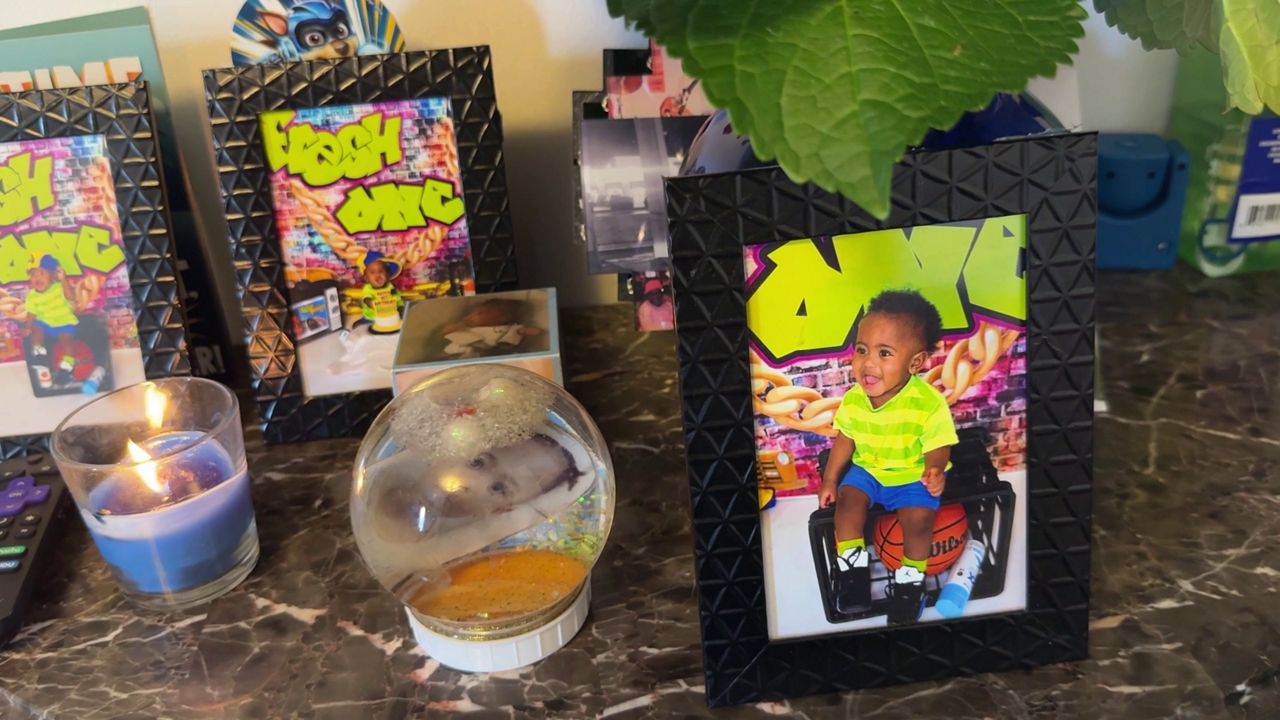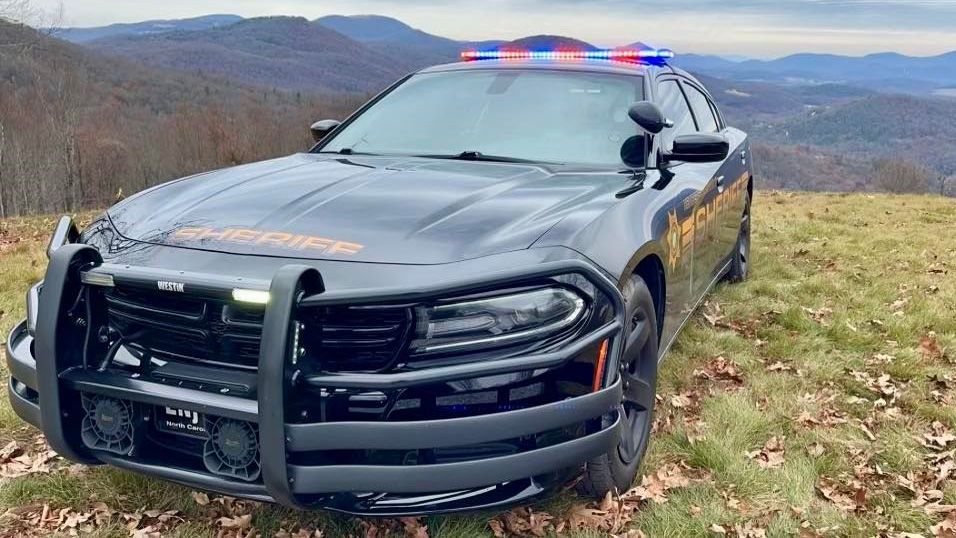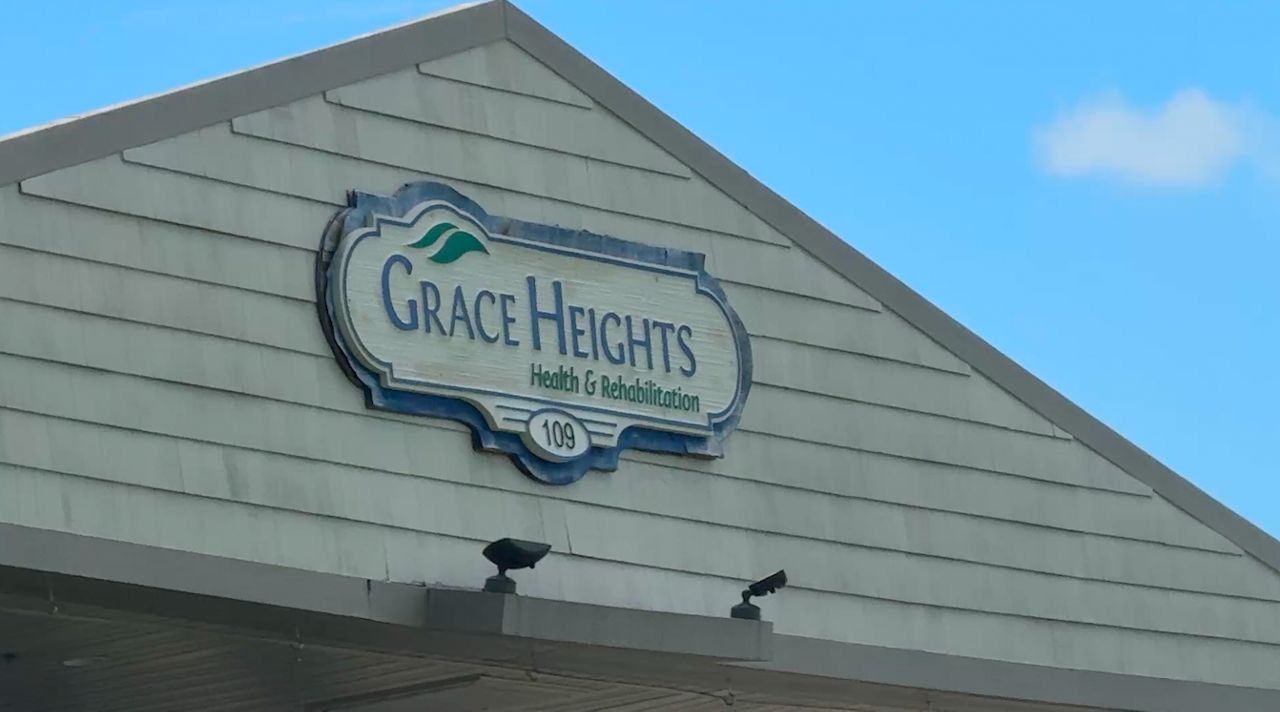CHARLOTTE, N.C. — A Charlotte pastor is teaching a course aimed to combat racism.
The free, nine-week course is called, "What Does it Mean to be White?"
In 2019, Myers Park Baptist Church Senior Minister Rev. Benjamin Boswell developed the course for his doctoral degree. He started teaching it to church members at that time.
After the murder of George Floyd last year, he decided to teach the course to community members.
“I hope they move from colorblind racism to responsibility,” Boswell said.
He said it aims to help participants confront whiteness through the writings and films of Black authors.
“It’s like having a mirror put up to us by our neighbors that we have to look in and we see ourselves differently,” Boswell said. “What it begins to do is shift the burden of responsibility for racism back to white people, who created whiteness, created racism and maintained this structure of power.”
Boswell said his 11-year-old daughter, Lucy, inspired this course. He said adopting Lucy changed his life.
“She brought tremendous joy into my life and into the life of so many people, not just me, but a lot of people, a lot of my friends and family,” Boswell said.
He said this experience made him think about the world he wants to live in more seriously.
“My passion for racial justice is born both from what it means to raise a Black daughter, but also what it means to be a Christian in the 21st century,” Boswell said.
Boswell said he was also compelled to create this course after he felt he struggled to make progress in conversations about race in the predominately white congregations he’s led over the last 20 years.
“I realized that I was part of the problem. I had not done my own work in trying to wrestle with my own white racial identity and because I hadn't done my own work, I couldn't lead the congregation any further,” Boswell said.
He said he had to understand his own whiteness before helping others see their own.
“If white people can come out of this course realizing that they have to take responsibility for their history and then take responsibility for how to change that in the world, then there's hope. Without responsibility, there’s no hope,” Boswell said.
Lorin Bent took the course and is now teaching it.
She said the classes made her take a closer look at the role whiteness played in her advancement and success.
“This narrative that I had, that I've been able to achieve what I've achieved because, in part, my parents raised me to believe that I could be anything I want to be. But it made me realize that many of the ways that I'm able to walk into any room and feel comfortable and confident is because of whiteness, not because of the way that my parents raised me,” Bent said.
Bent said the course is an investment and it’s important.
“I think that in many ways [it’s] natural to feel guilty, interrogating these kinds of lies that we've been told,” Bent said. “Ultimately, we have to move beyond the guilt if we want to move forward and it's entirely worth it.”
Lucy is proud of her dad for creating the antiracist training series.
“If he hadn’t done it, more people would be rude,” Lucy said.
More than 300 people in the U.S. have already taken the course. At least 25 of them have become facilitators of the course.
If you are interested in taking this course or learning more about it, click here.







)


